| Structure | Name/CAS No. | Articles |
|---|---|---|
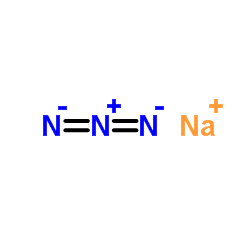 |
Sodium azide
CAS:26628-22-8 |
|
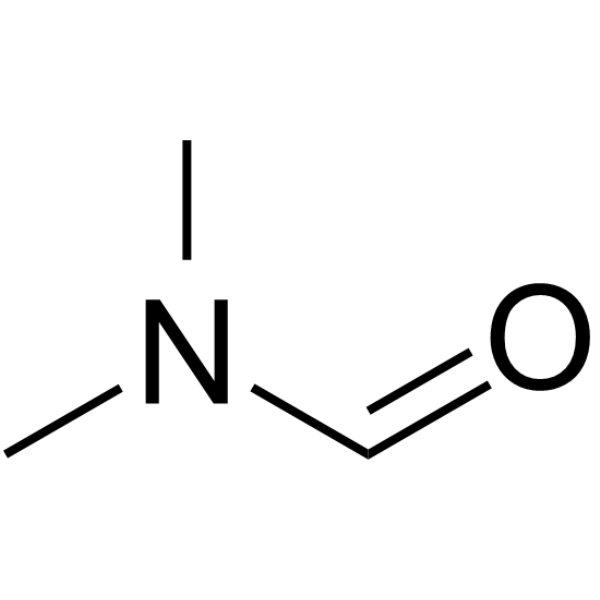 |
N,N-Dimethylformamide
CAS:68-12-2 |
|
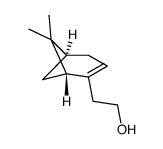 |
(-)-NOPOL
CAS:35836-73-8 |
|
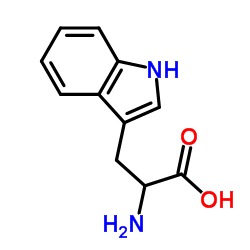 |
DL-Tryptophan
CAS:54-12-6 |
|
 |
L(-)-Tryptophan
CAS:73-22-3 |
|
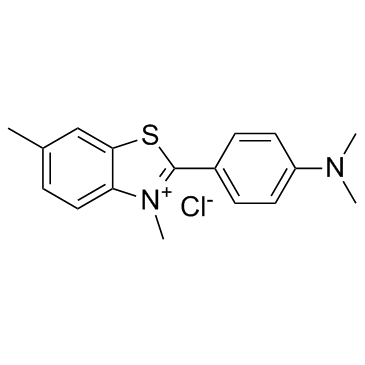 |
Thioflavine T
CAS:2390-54-7 |